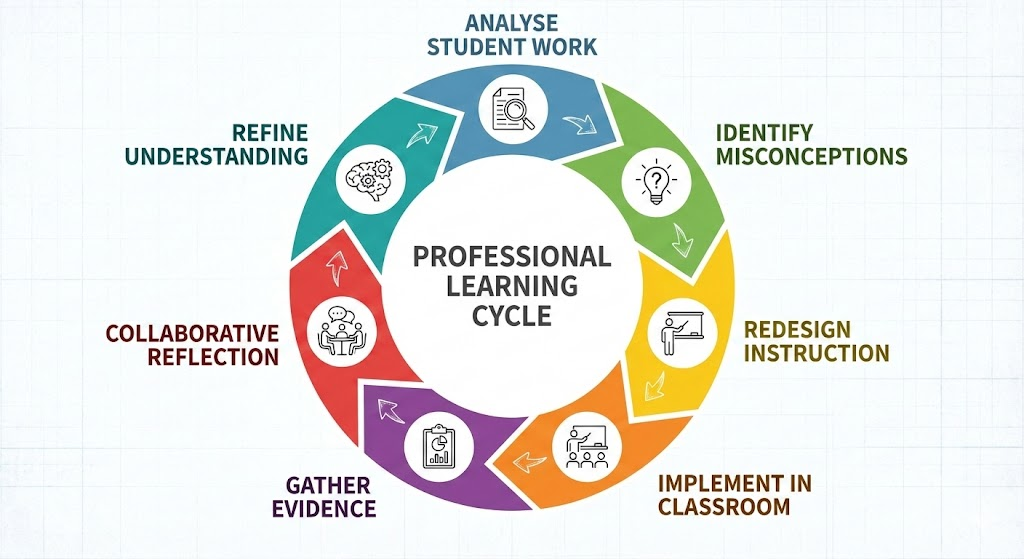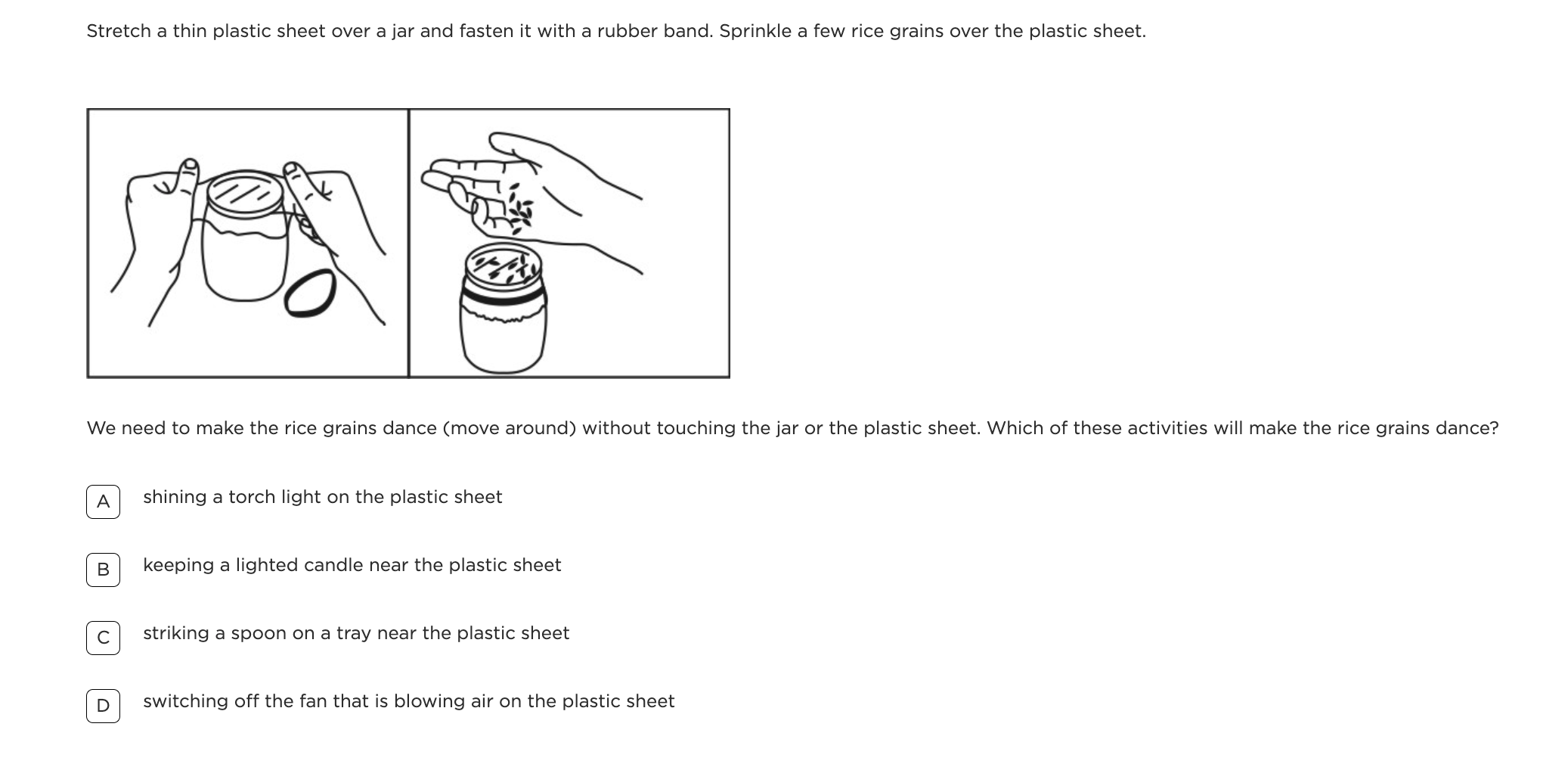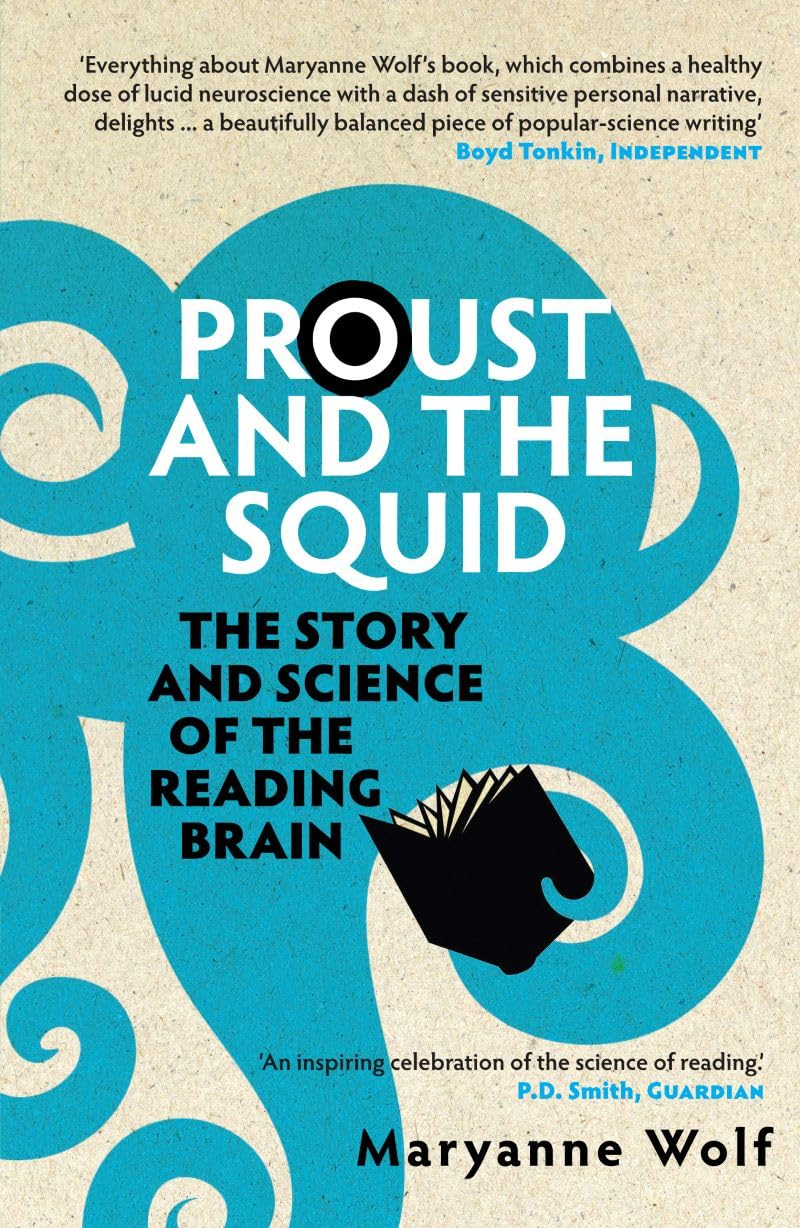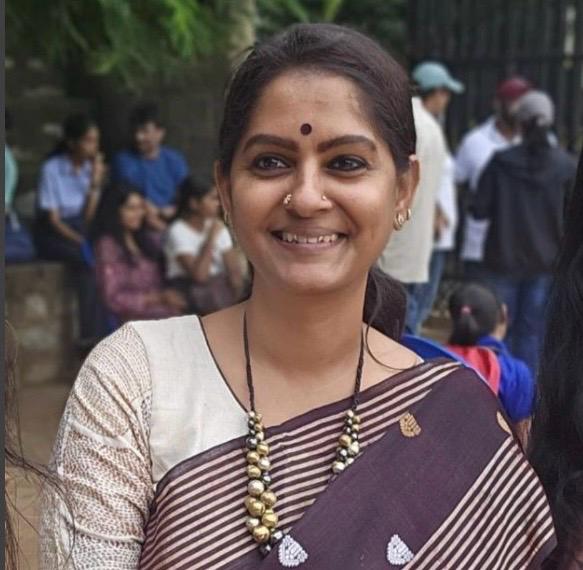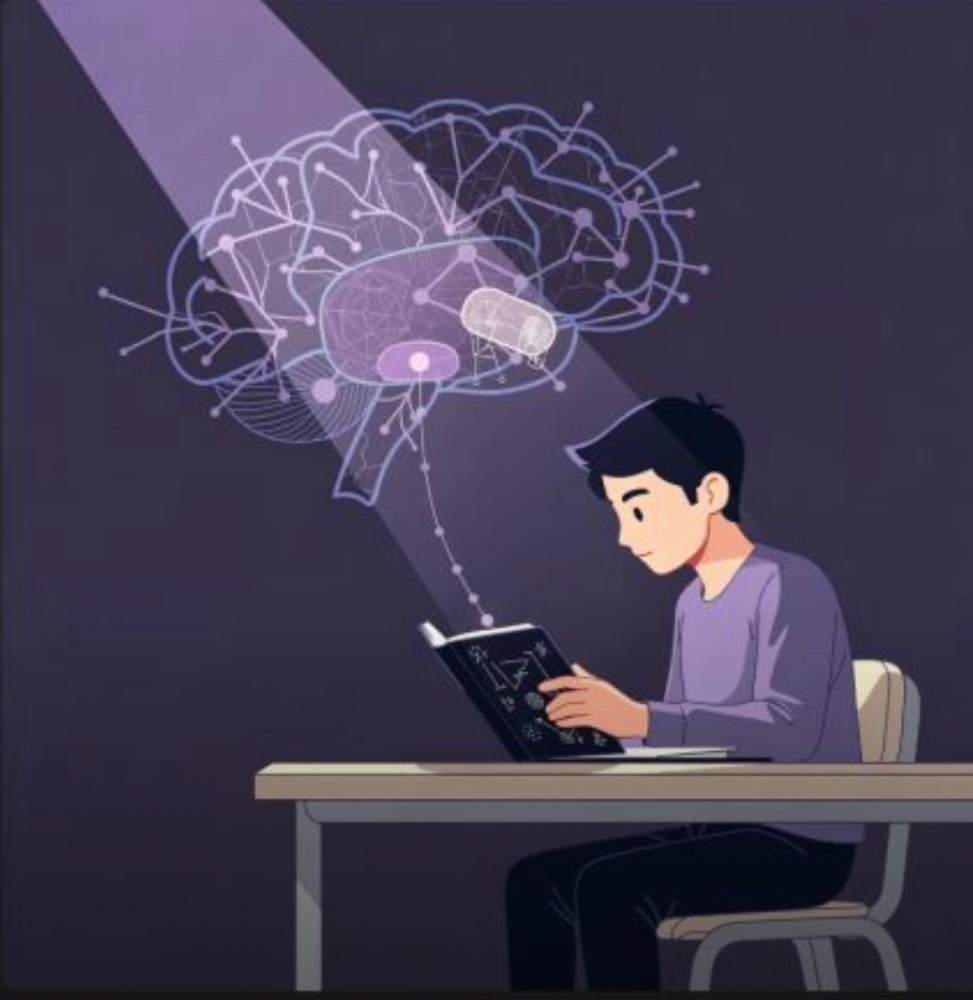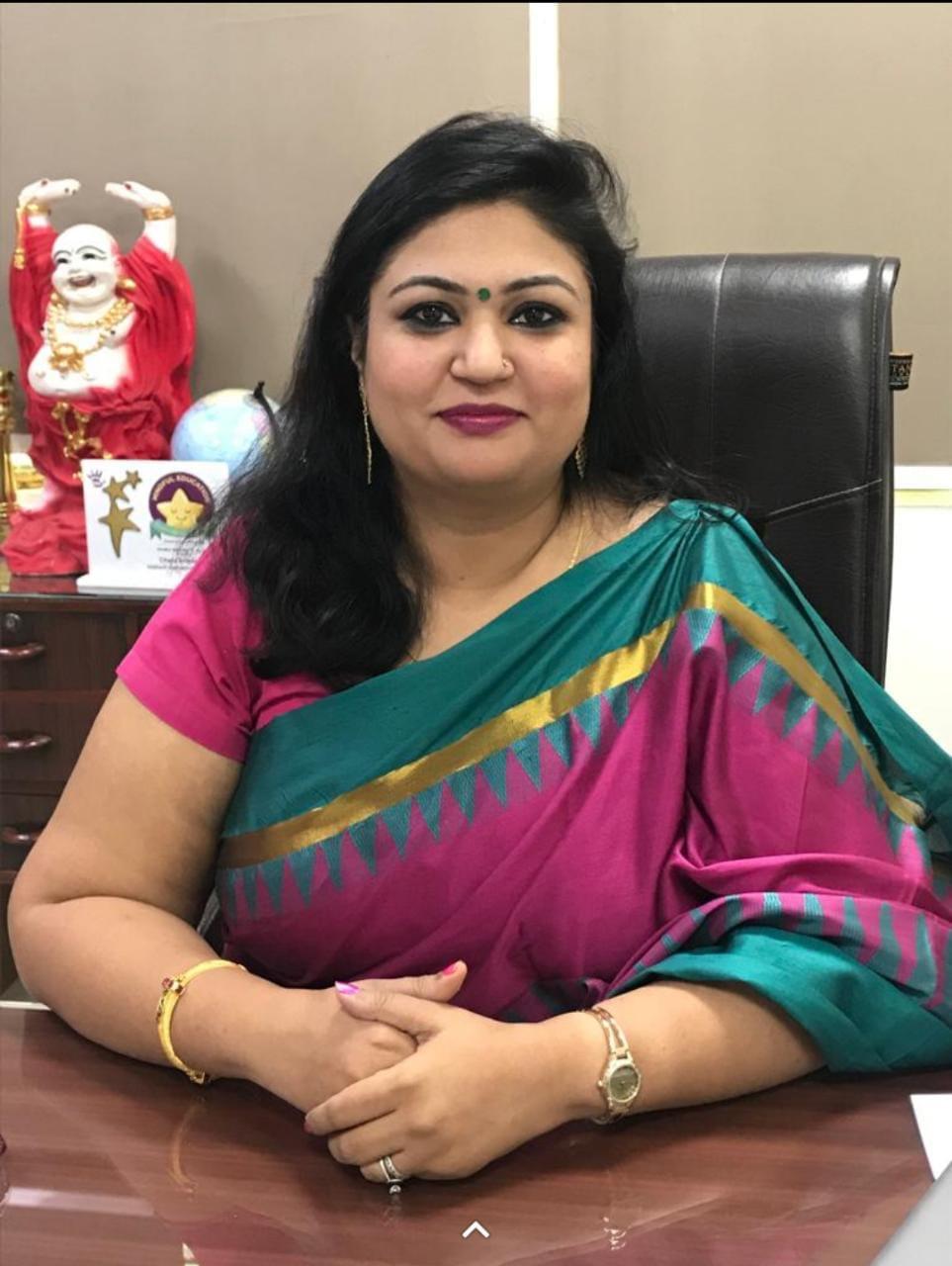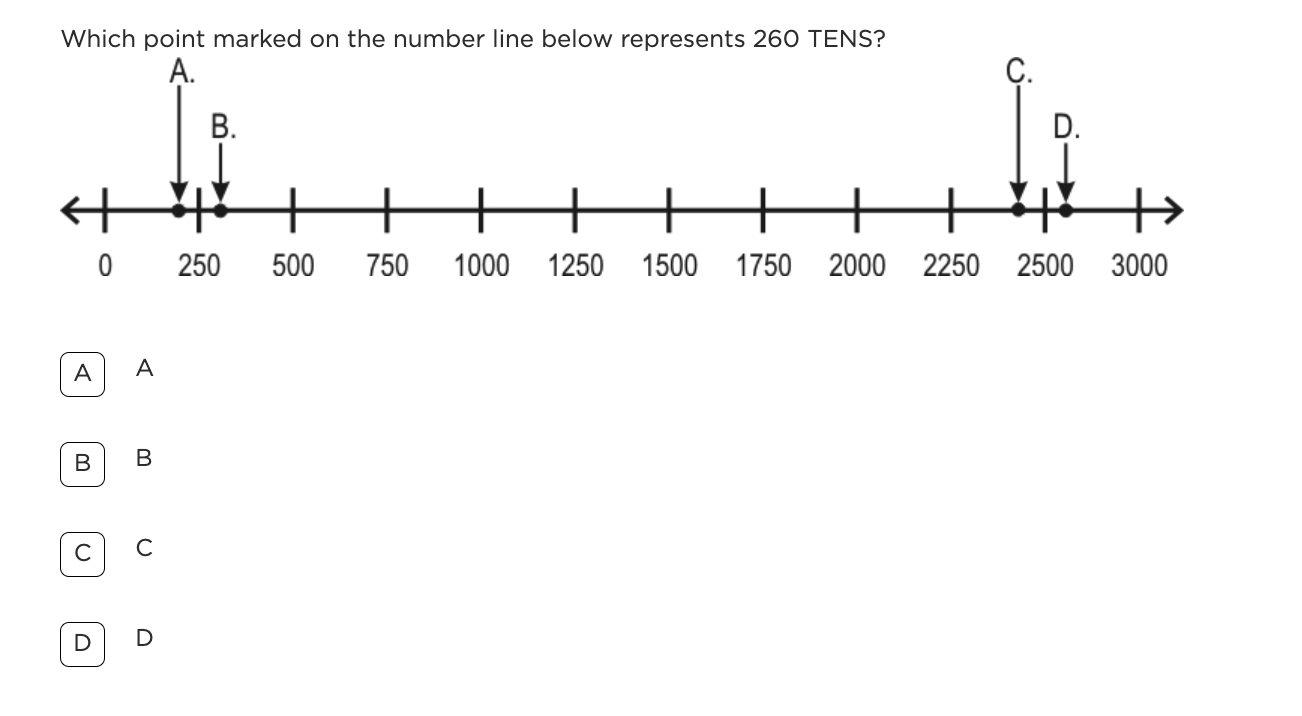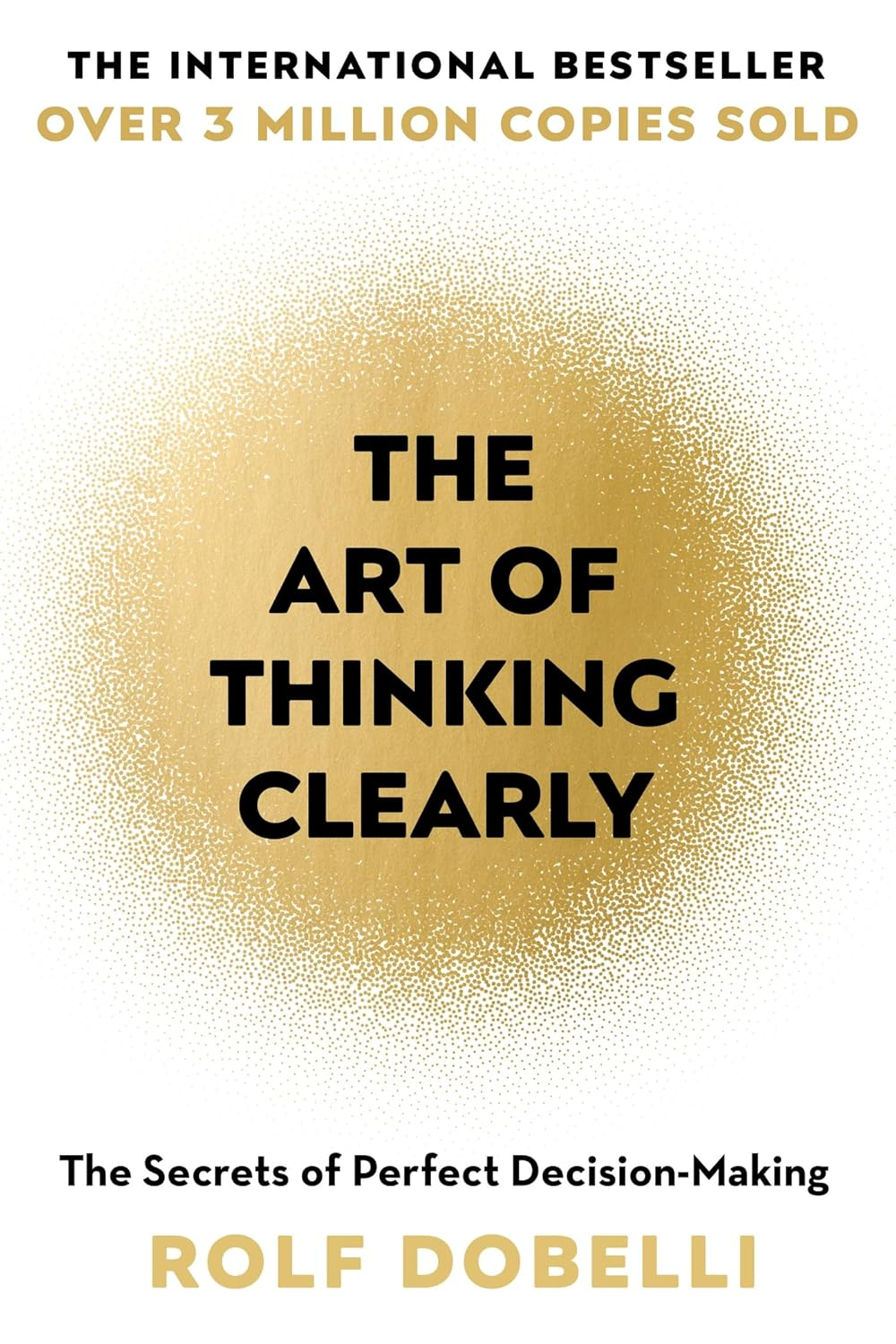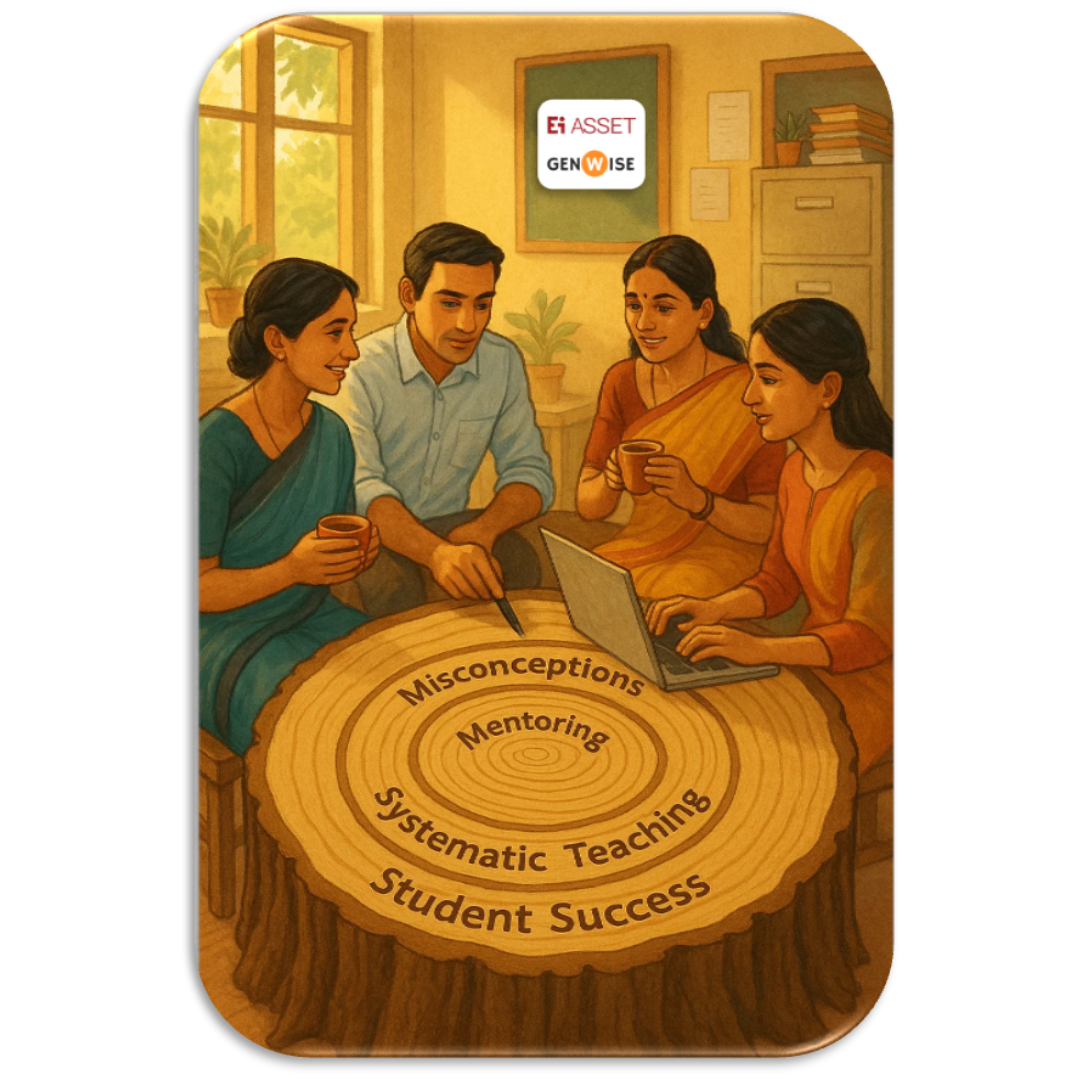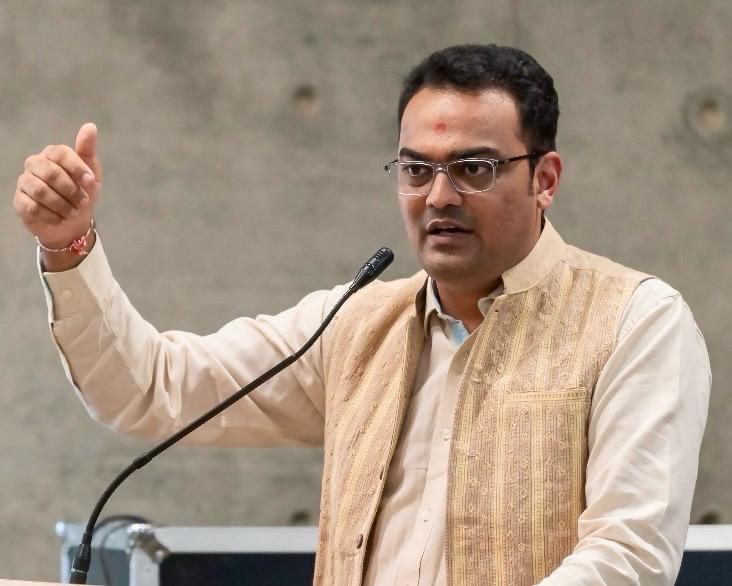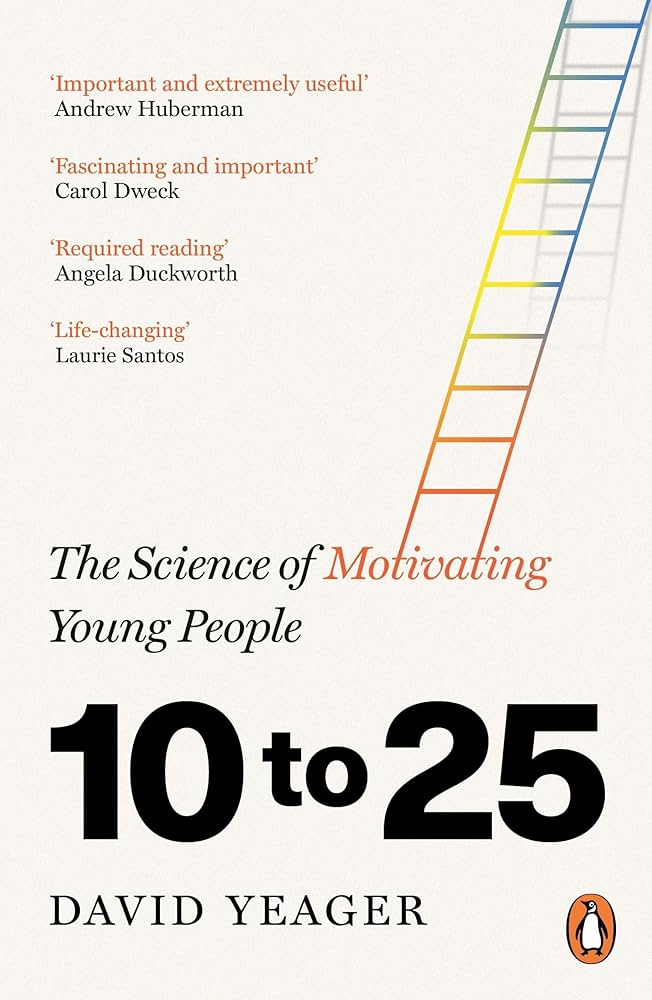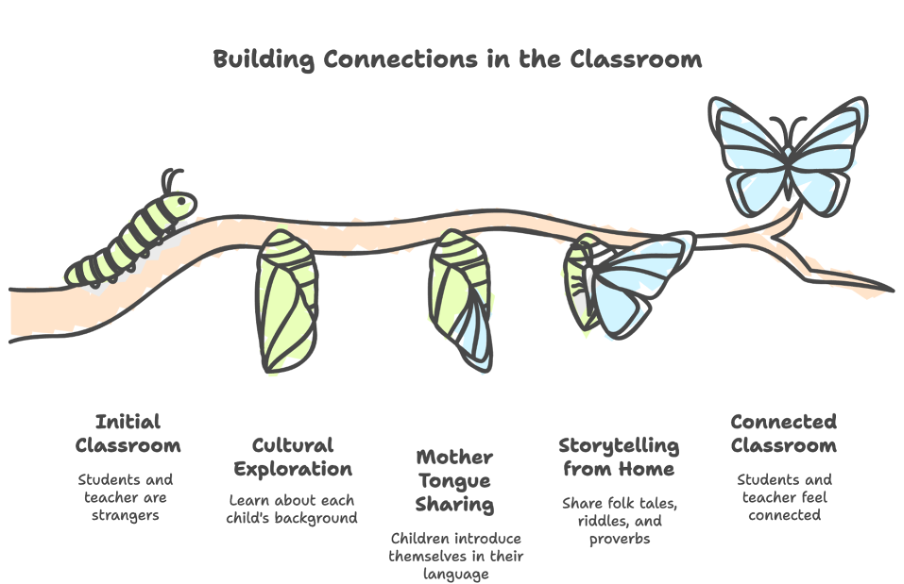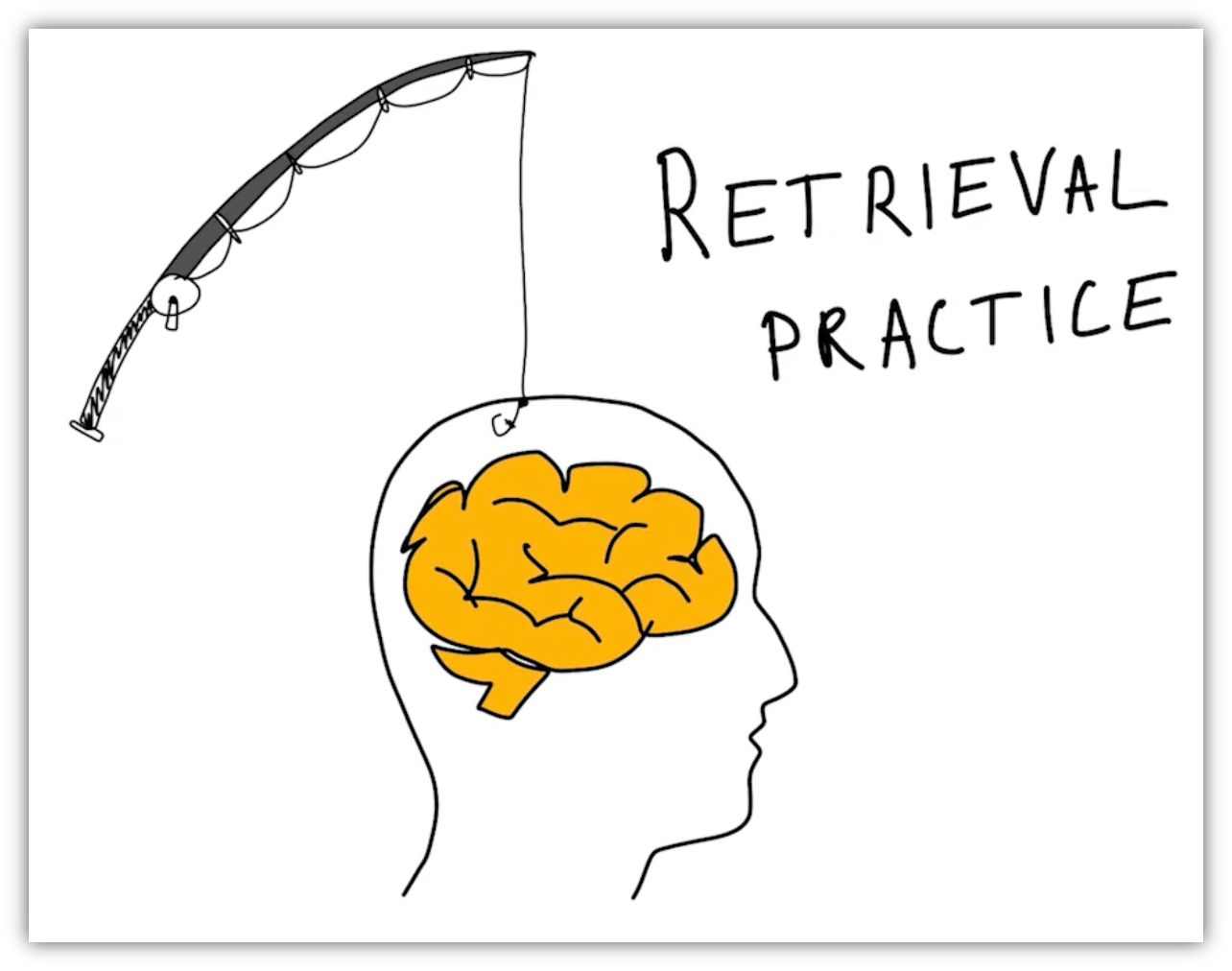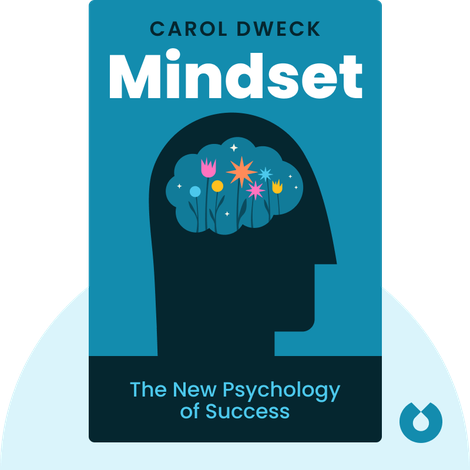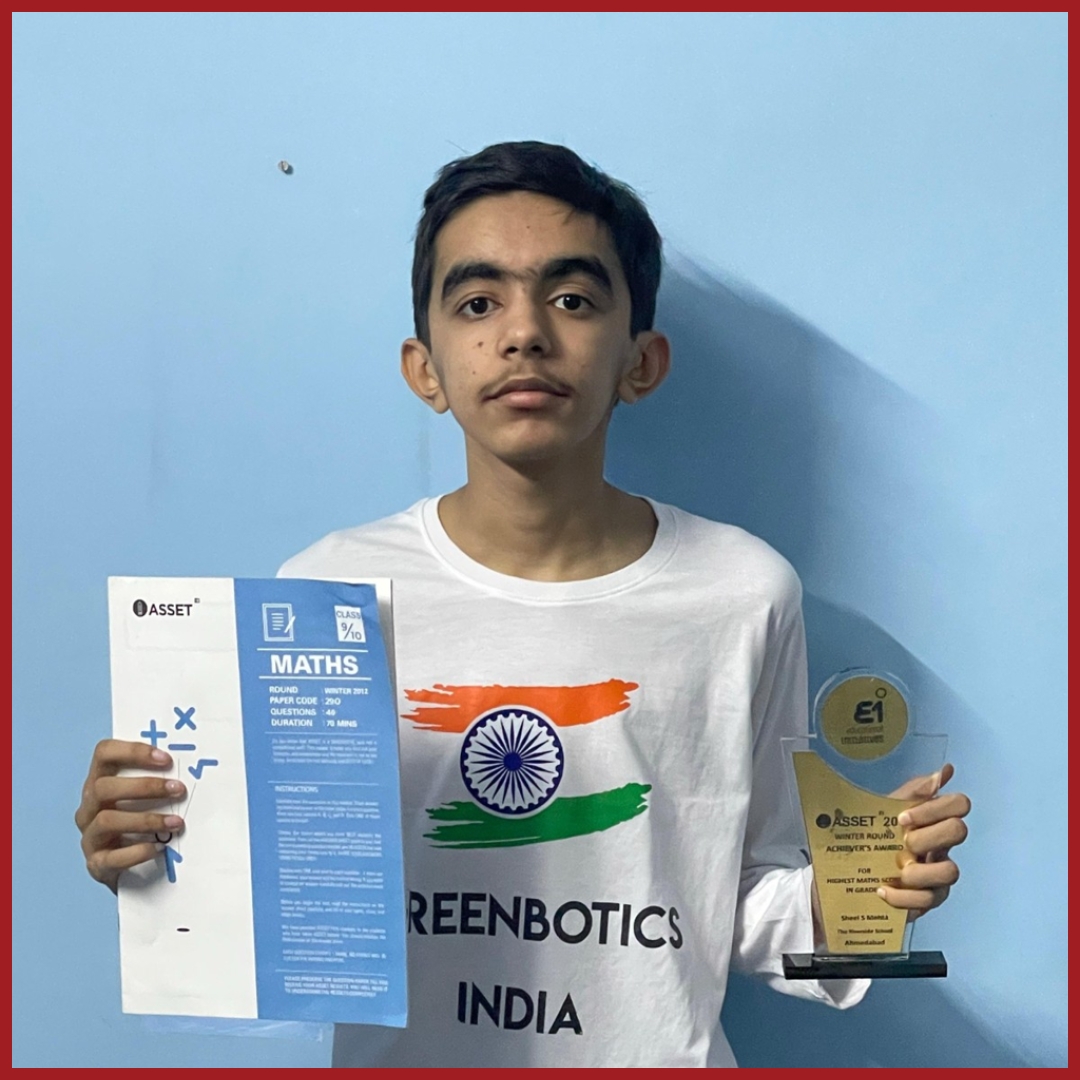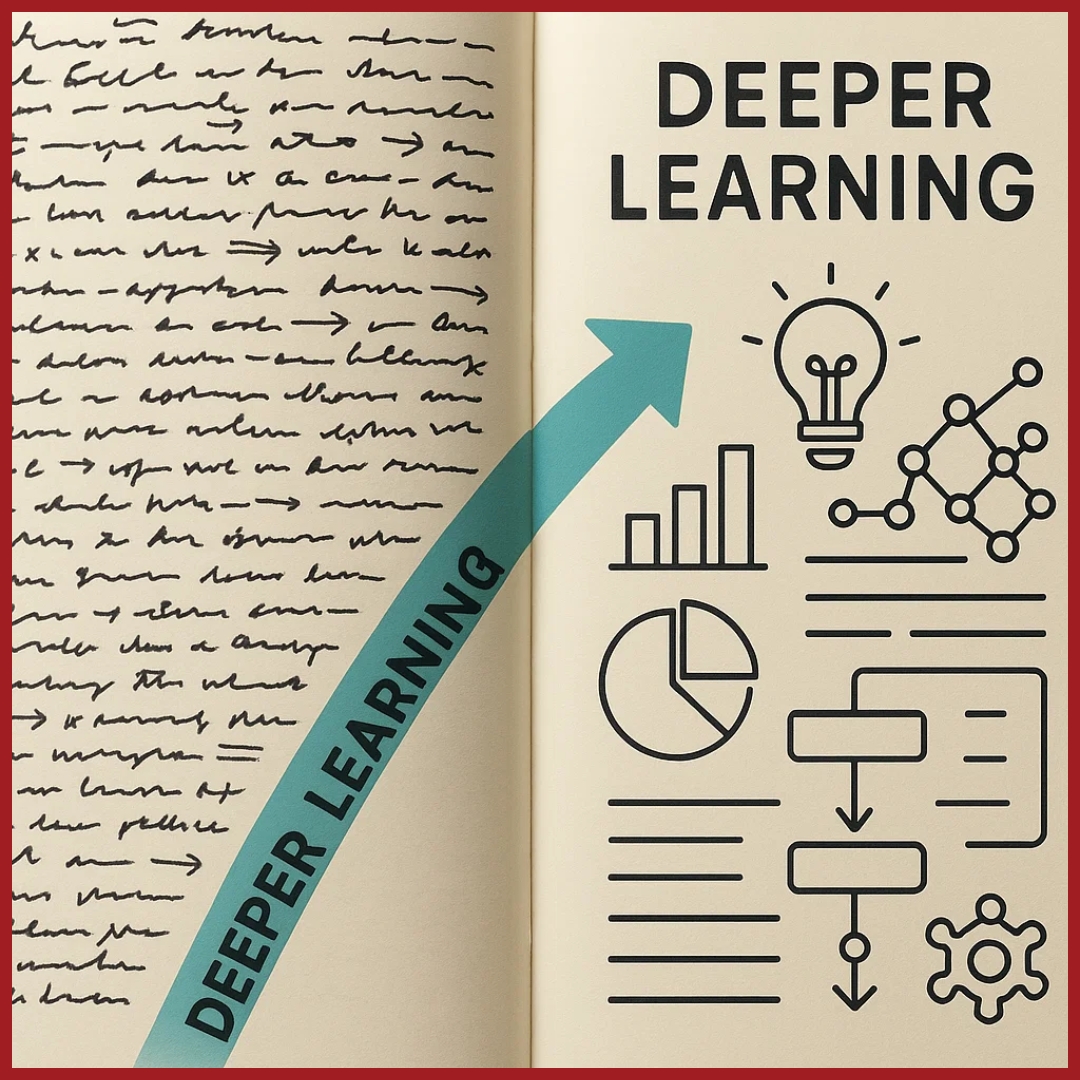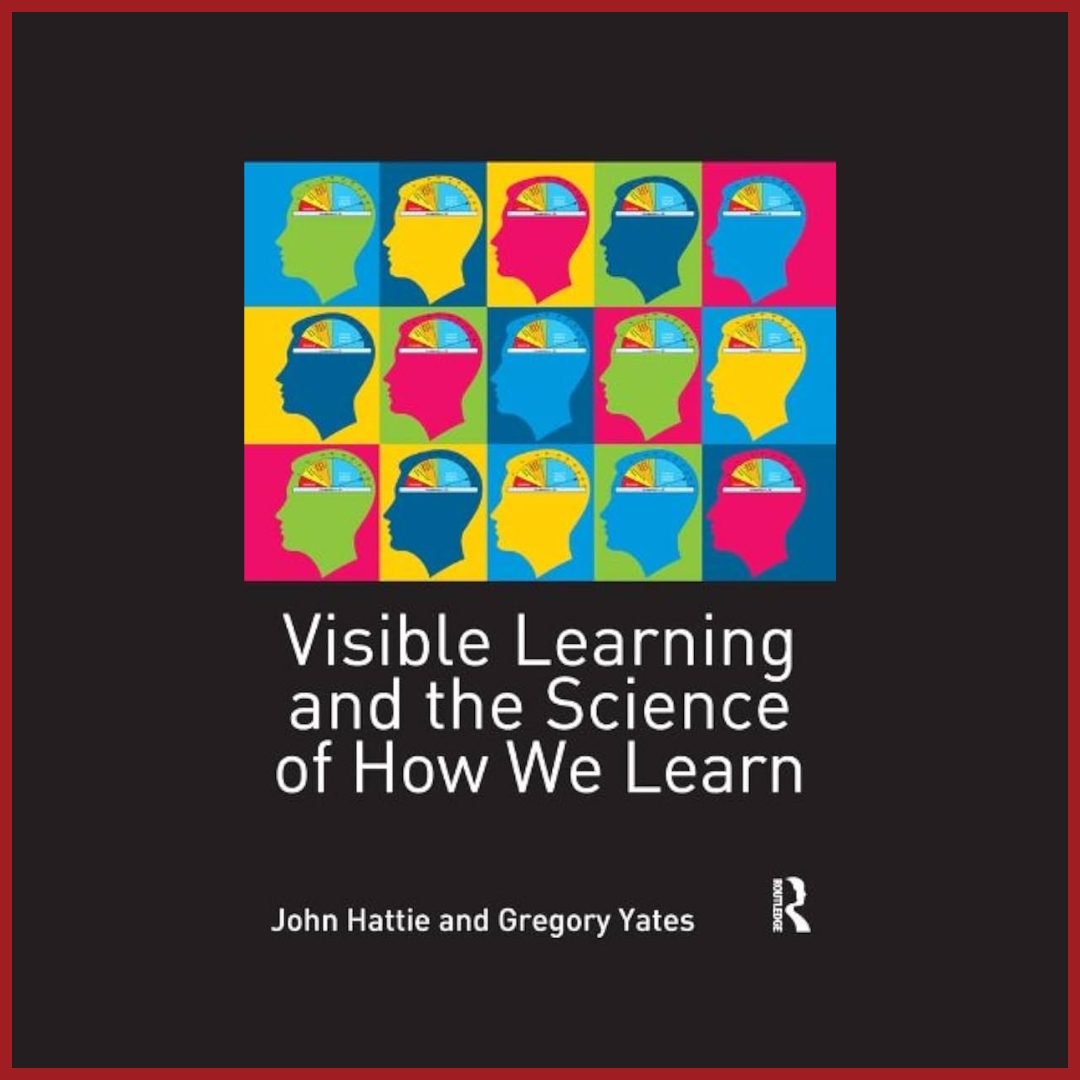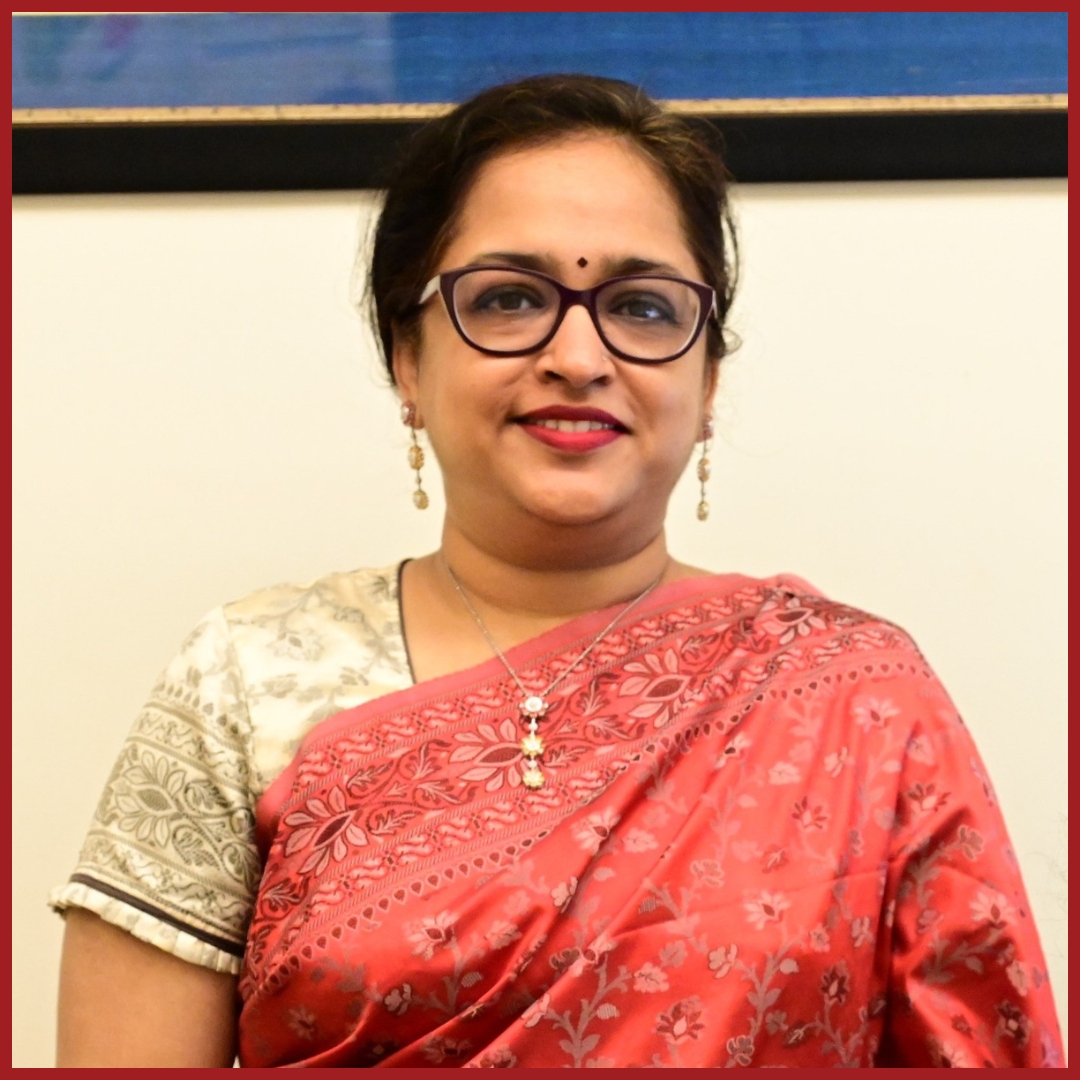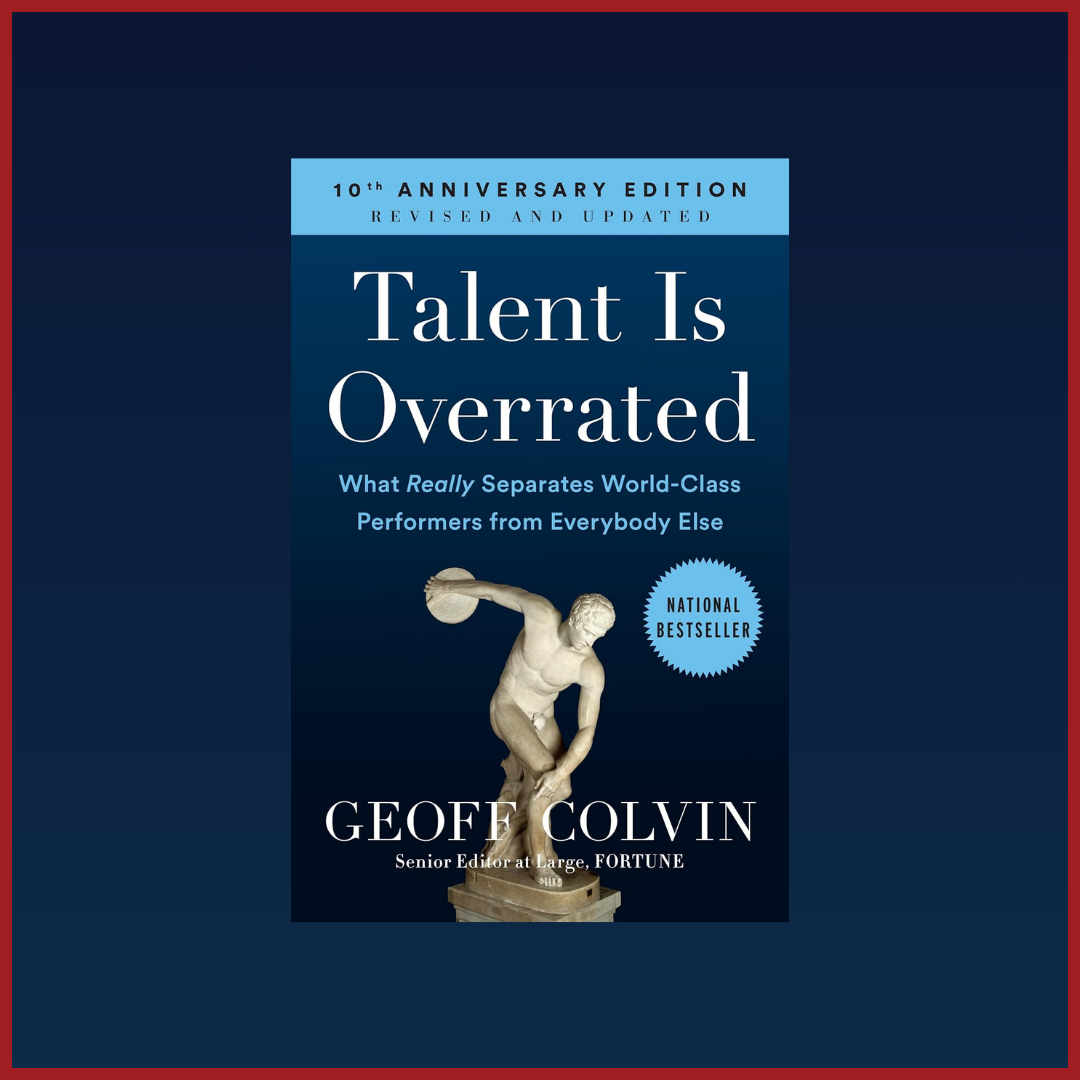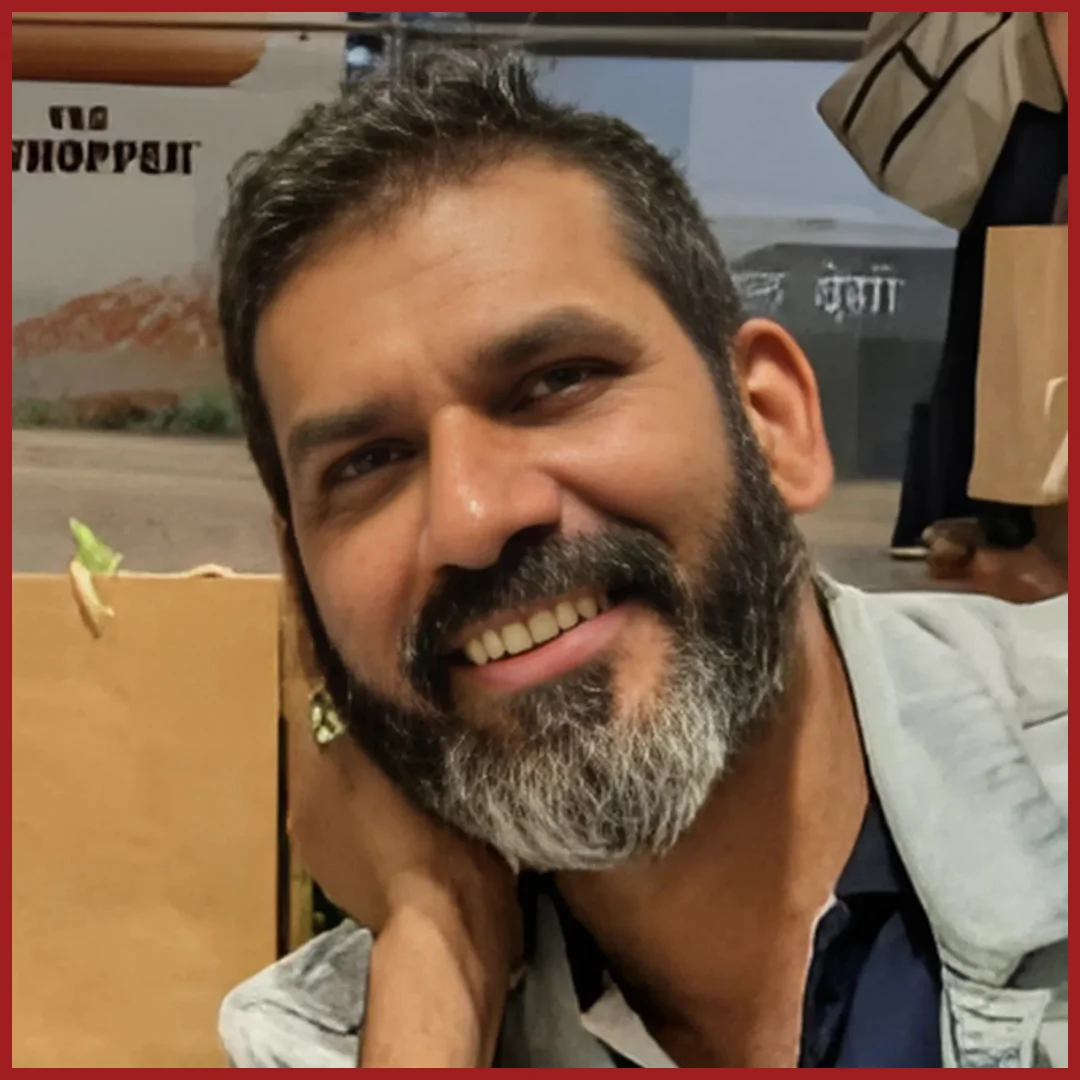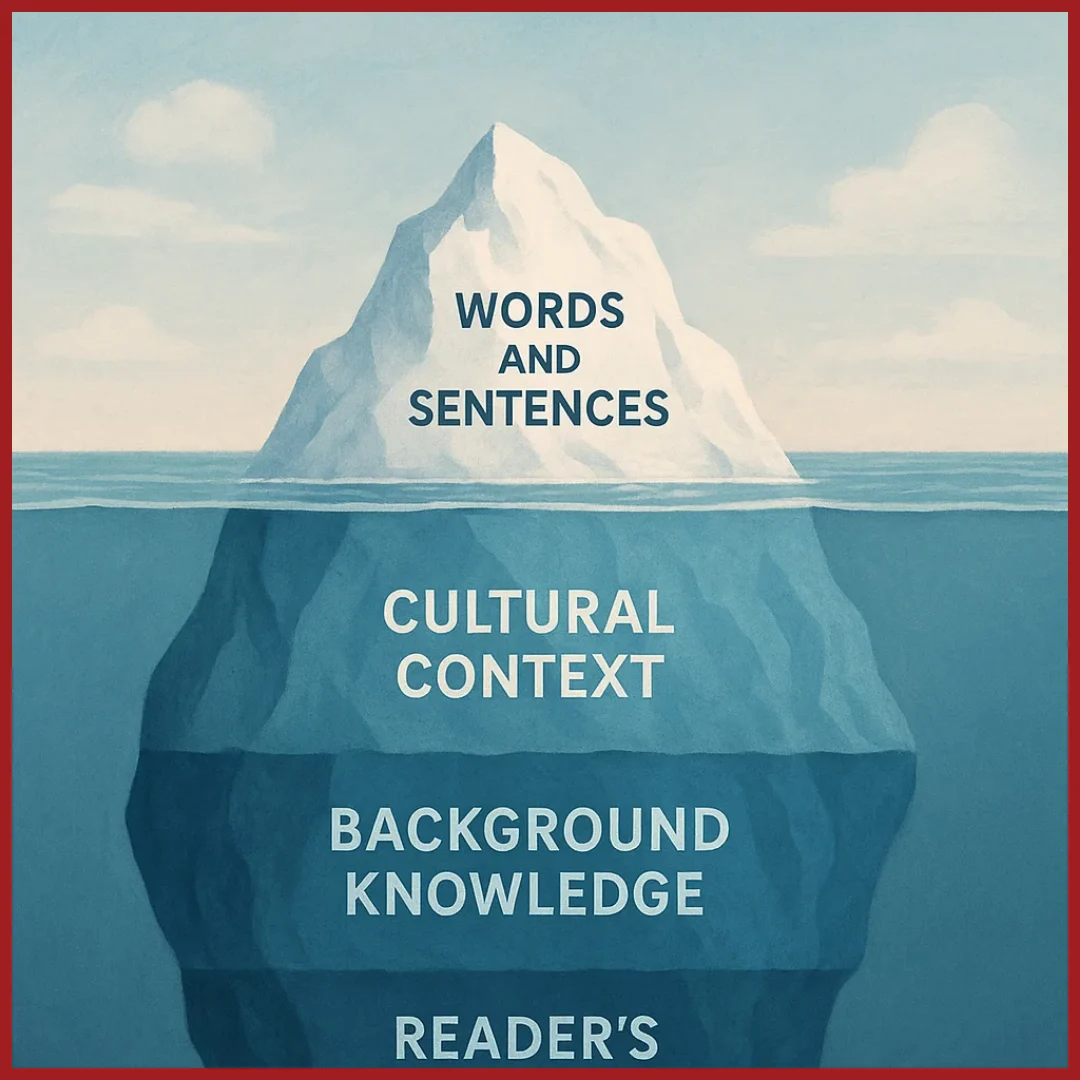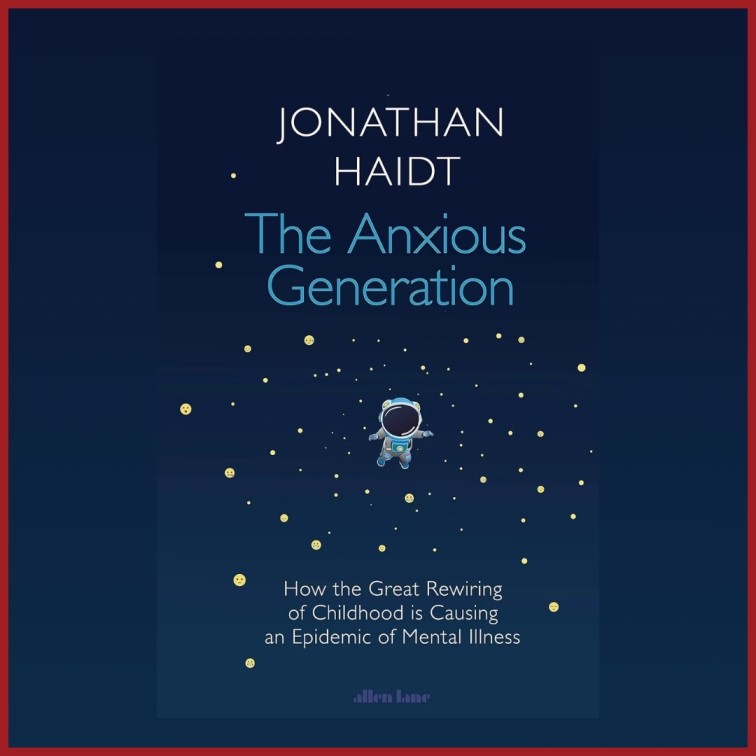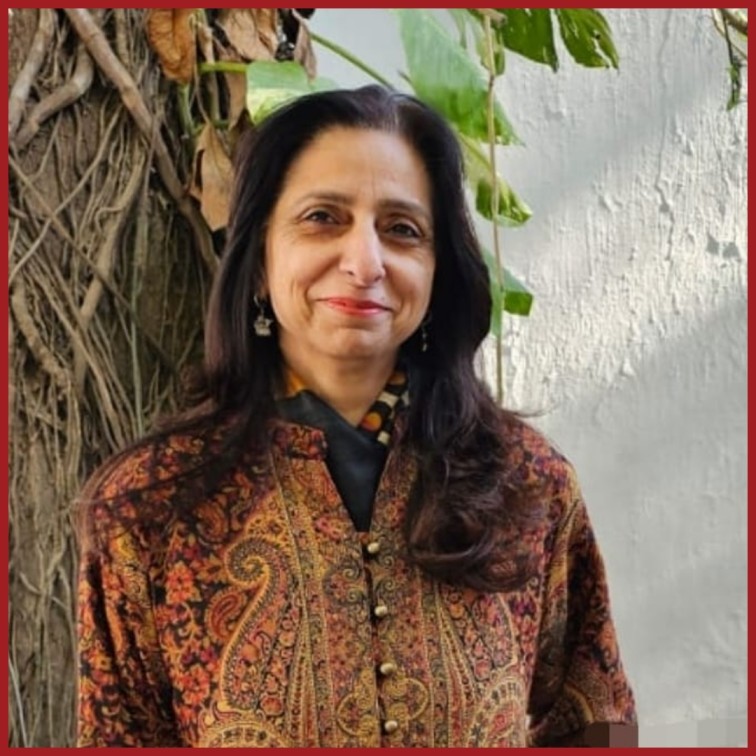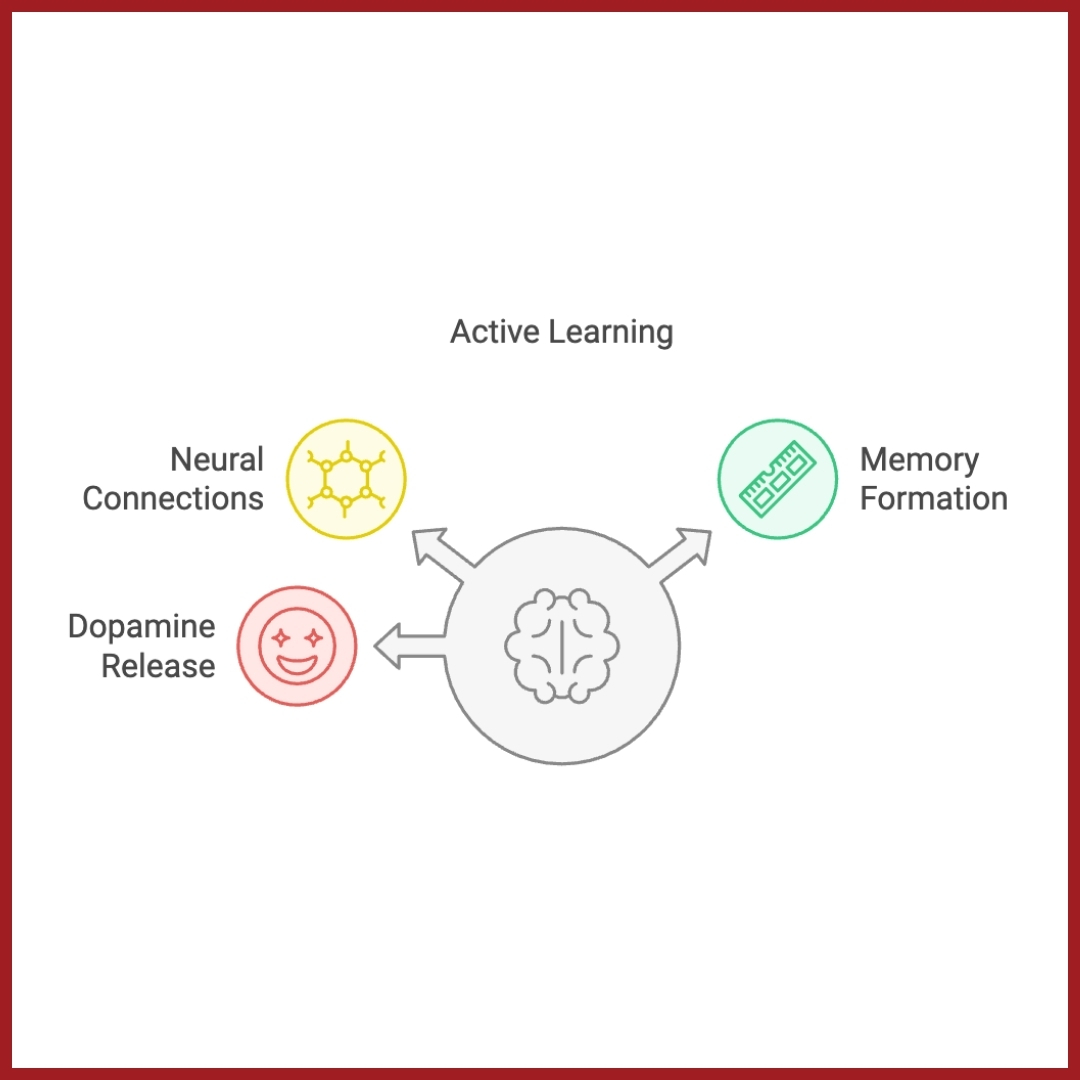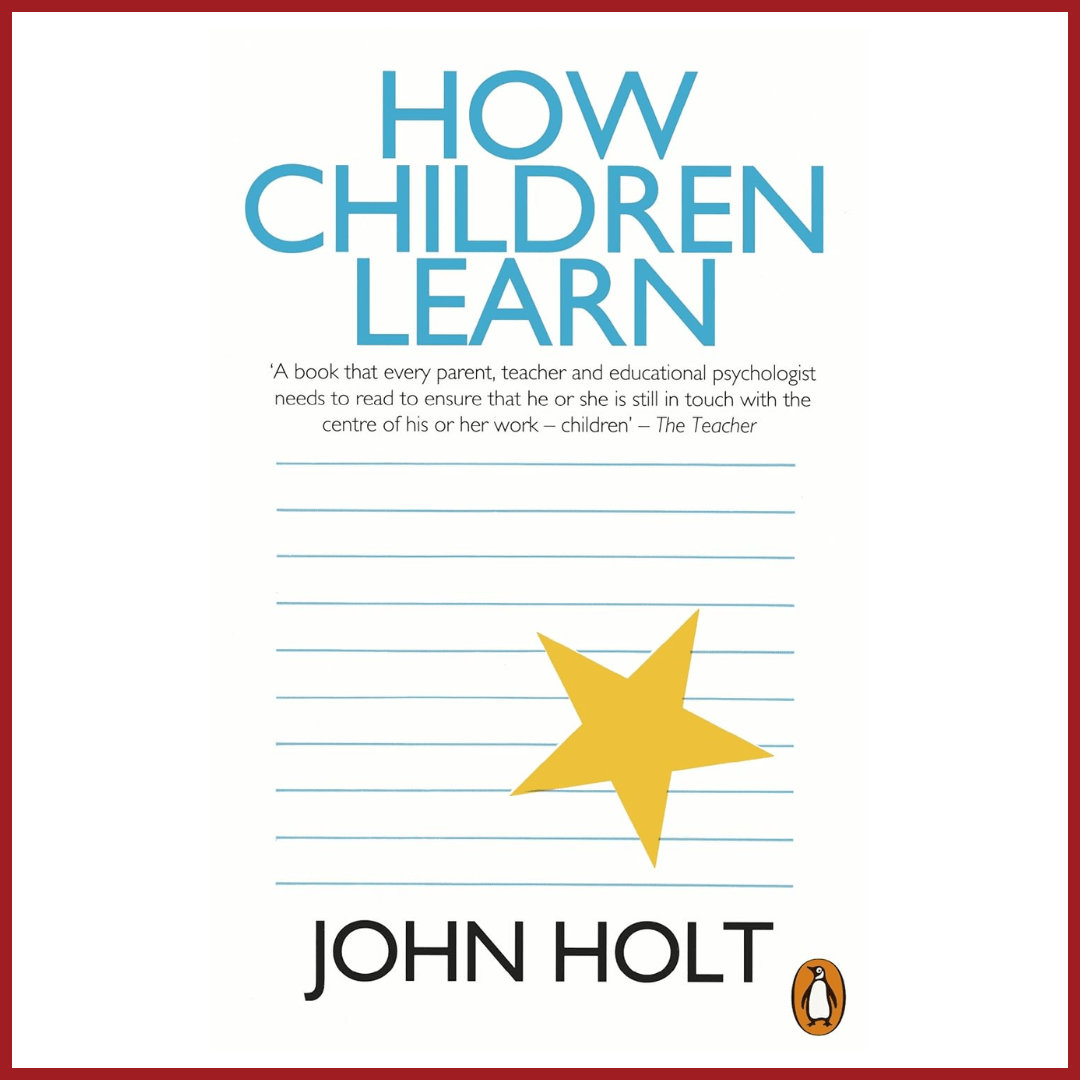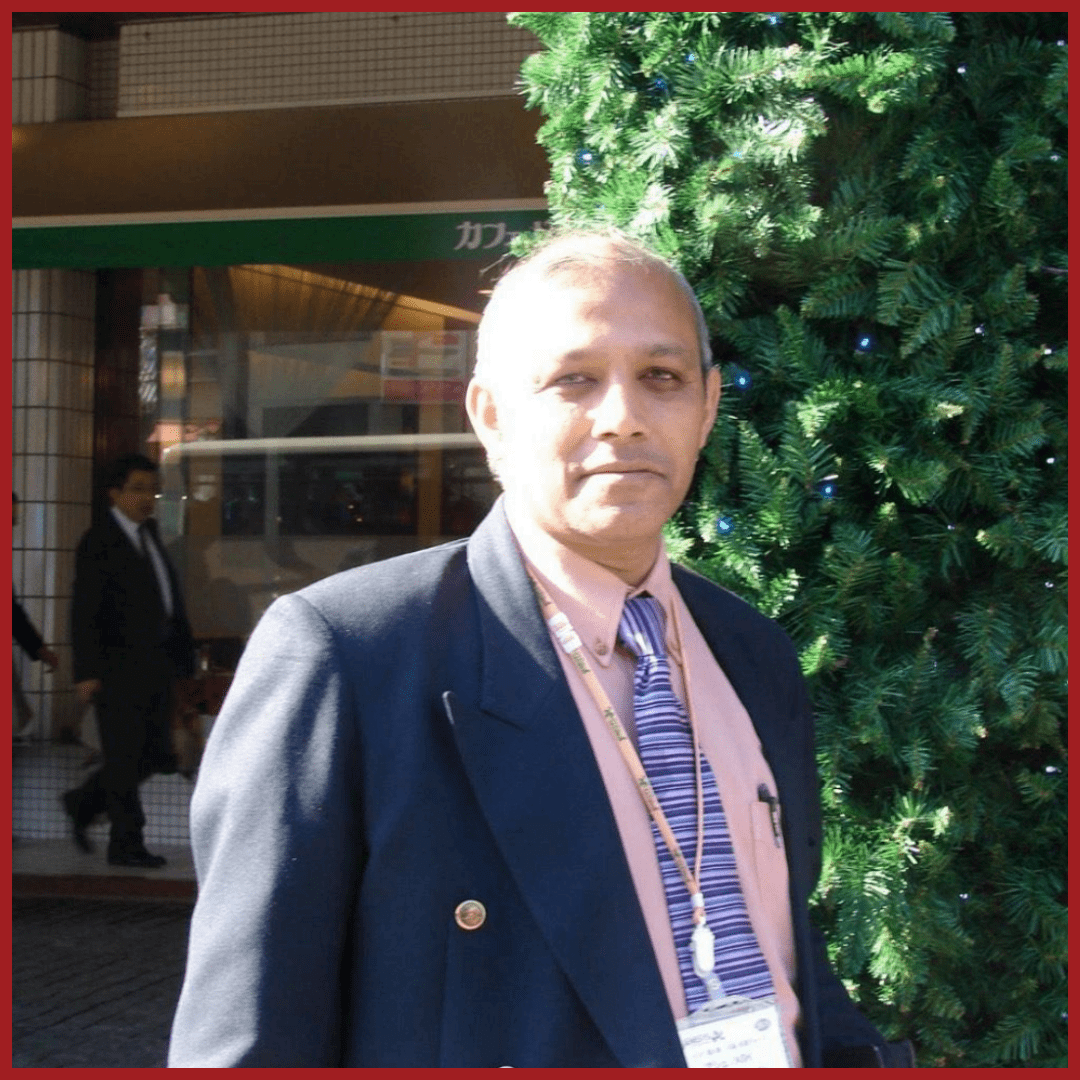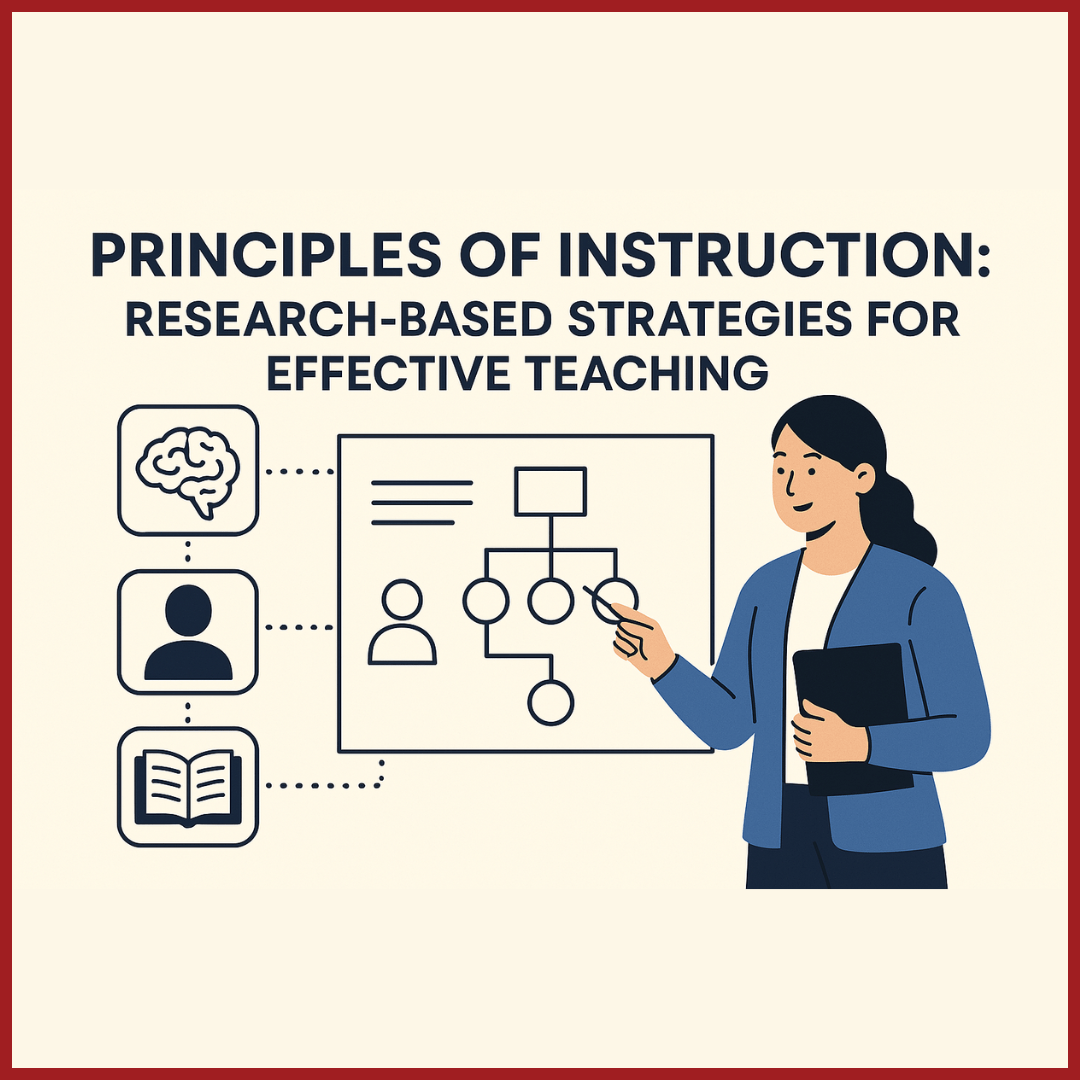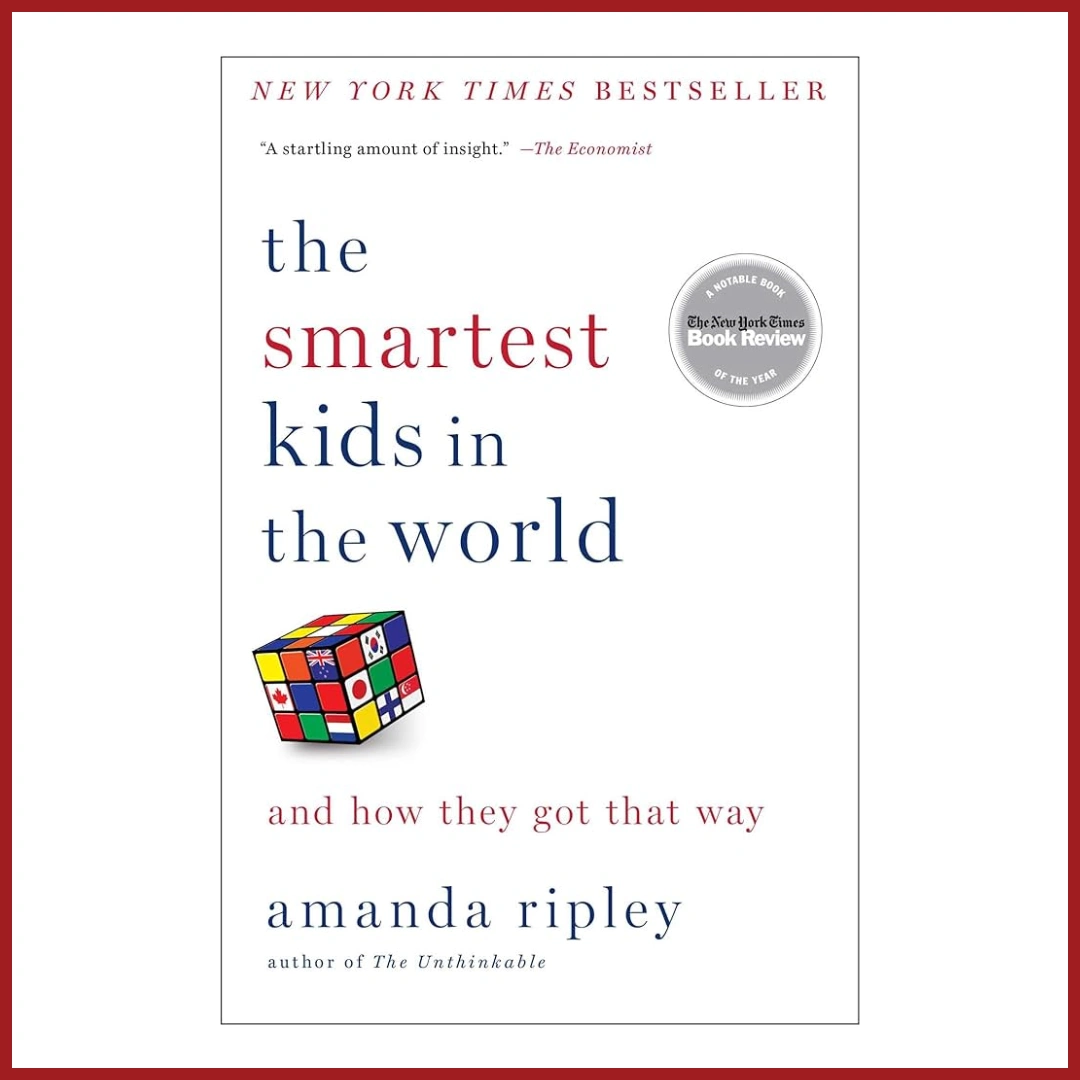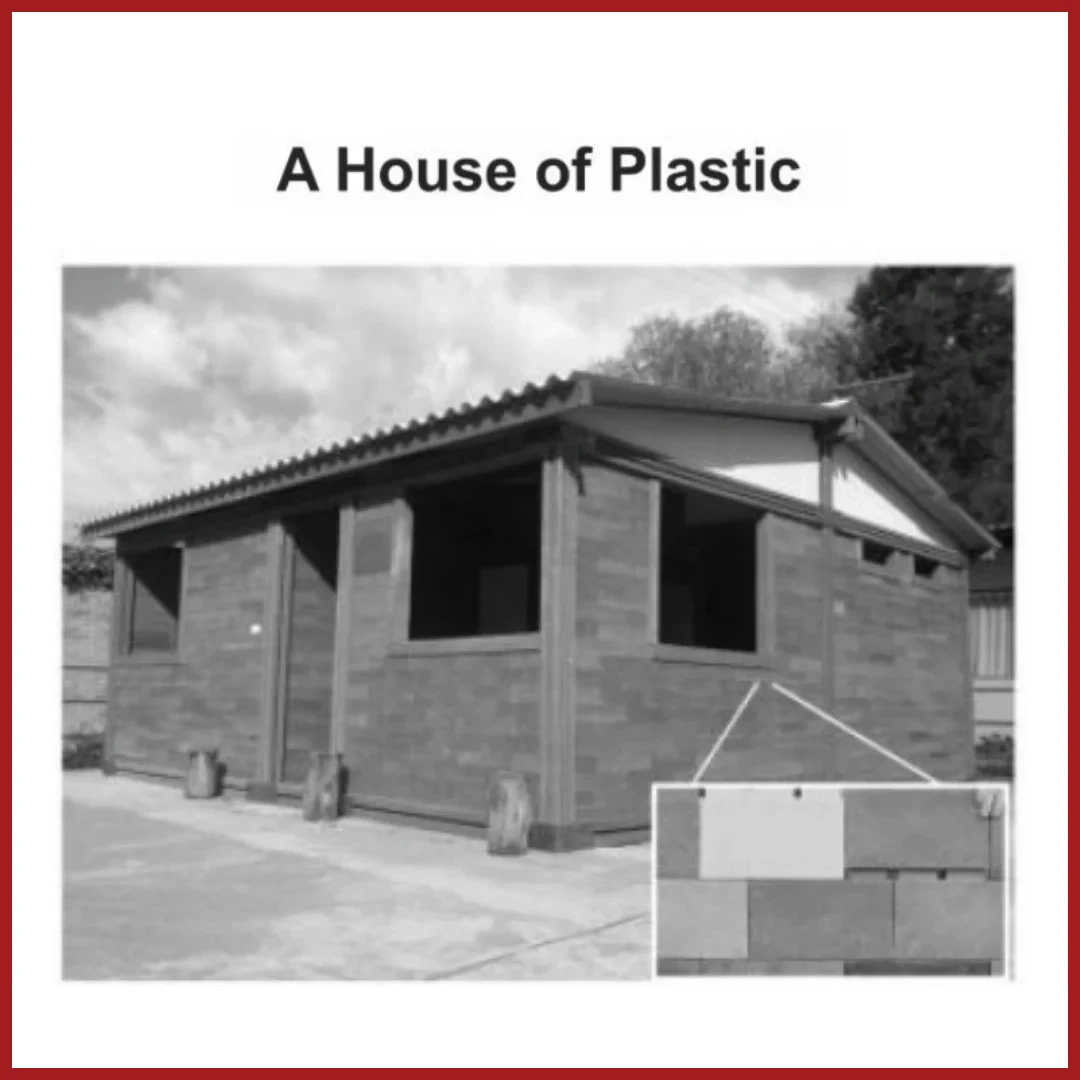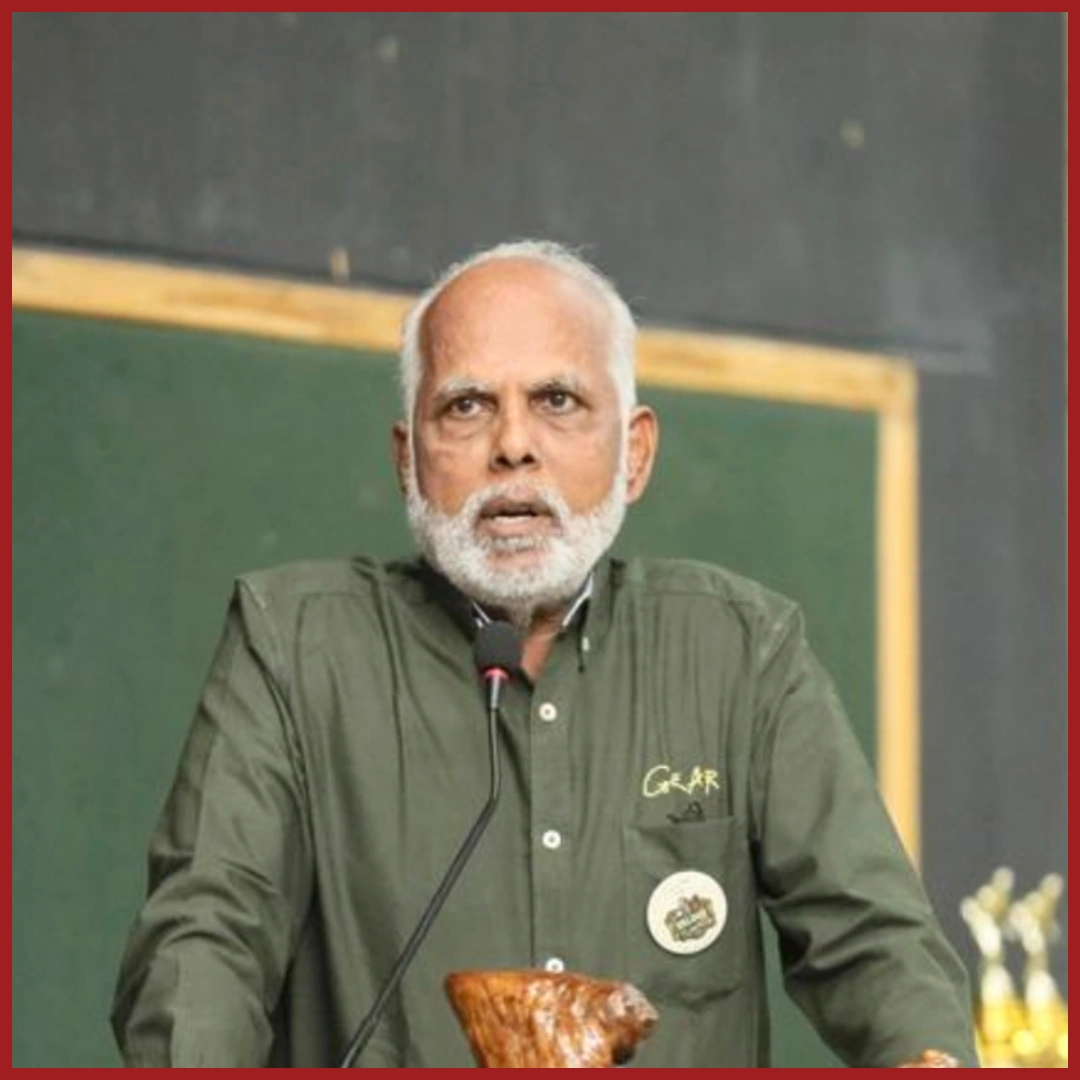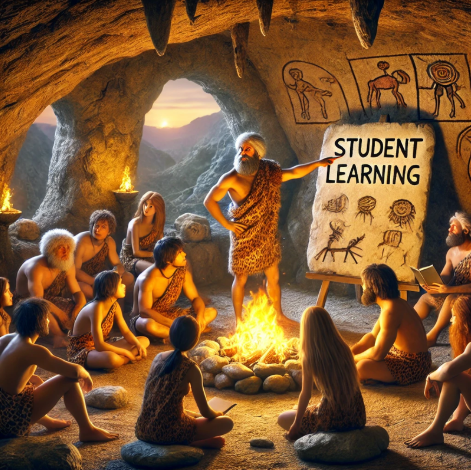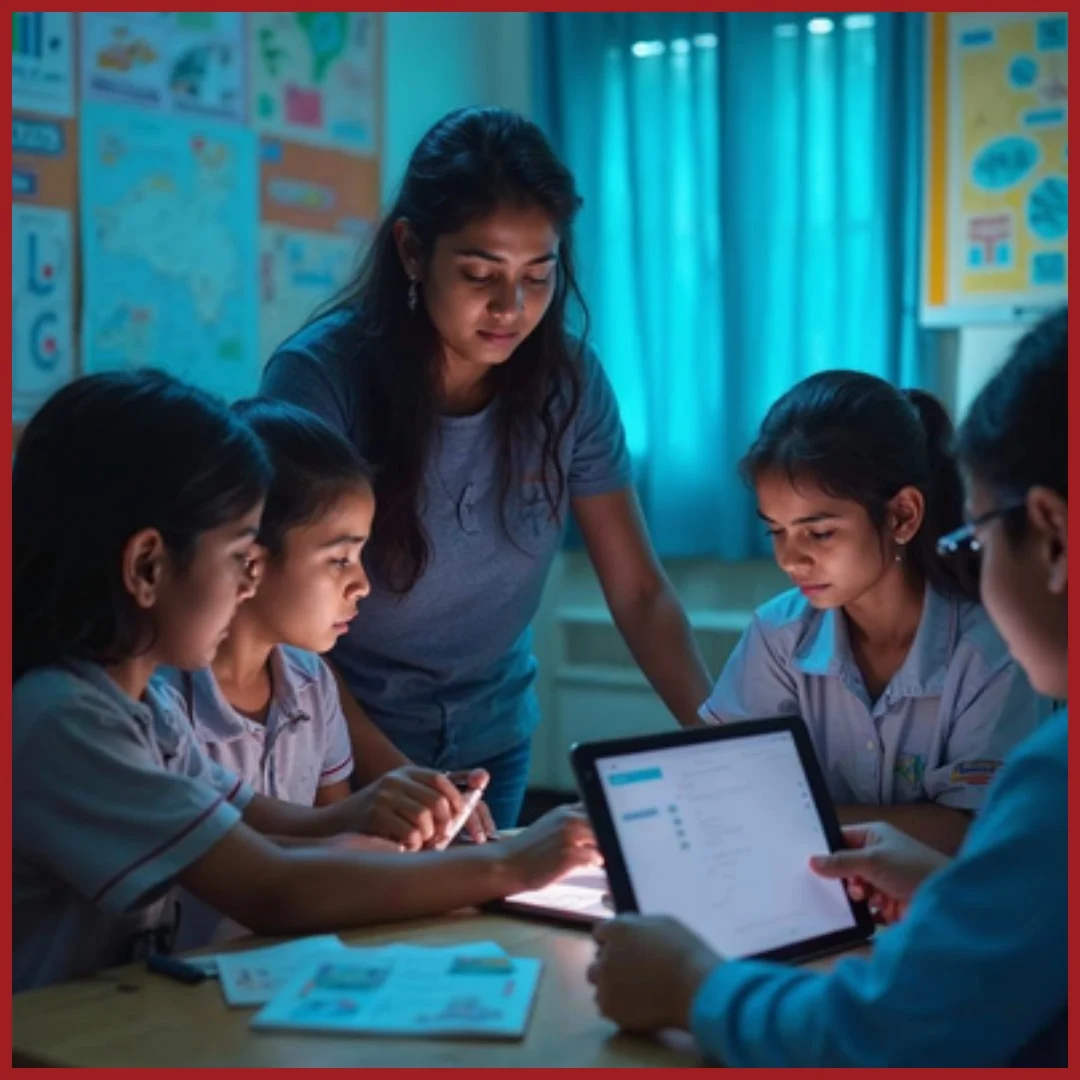Edition 11 | November 2025
Educators Speak: Principal Interview
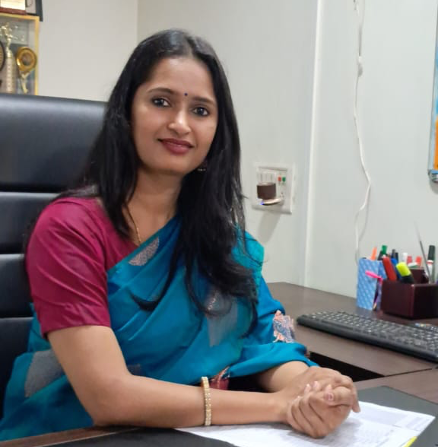
Ms. Anjali Varma
Ms. Anjali Varma, Principal of P. P. Savani Cambridge International School, Surat, is a dynamic educational leader deeply committed to nurturing student well-being and shaping compassionate global citizens. With a vision that blends tradition with innovation, she believes true empowerment begins with capacitating teachers and parents, the two pillars that guide every child’s journey.
Ms. Varma champions a collaborative ecosystem where educators, families, and learners work in unison to prepare children for a future defined by adaptability, empathy, and ethical leadership. Her approach is rooted in the conviction that education must not only prepare students for success but also help them remain grounded, humane, and purposeful in an ever-evolving world.
Q1. Who or What has been your inspiration to start your journey as an educator? Why did you choose to pick school education as the first career choice for yourself?
Two defining moments shaped my journey into education. I have always believed that one either enters this field by chance or by choice, and I am, without doubt, an educator by choice.
During my adolescent years, when criticism felt heavier than encouragement and self-doubt began to take hold, my English teacher became the guiding light who helped me find my way back. His faith in me, and his simple yet powerful words — “You are better than this; I see so much potential in you” transformed my outlook on life. That was the moment I truly understood the power of a teacher’s words and the profound influence they can have on a young mind.
Later, when I narrowly missed admission to medical school, I felt my world crumble. It was then my biology teacher told me something that stayed with me forever “If you cannot become a doctor, become the one who creates doctors. That’s an even greater calling.” Those words changed everything for me.
Today, when I see my students growing into confident, happy individuals, the pride and fulfilment I feel far surpass any personal milestone I could have achieved. Teaching, for me, is not merely a profession — it is a purpose. And at the heart of it lies a deep, genuine love for children, which I believe is the true essence of being an educator.
Q2. What vision guides your approach to students’ growth and well-being in your community?
For me, education has always been about shaping both the heart and the mind. True growth happens when students feel deeply seen and valued not just for what they achieve, but for who they are becoming.
At our school, we try to nurture a sense of balance where academic excellence, emotional well-being, and moral grounding are given equal importance. In a world that moves fast and often measures success in external terms, I believe schools must become places where children can slow down, reflect, and find meaning.
We try to create a culture where joy, curiosity, and compassion coexist. When students experience respect and empathy in their school environment, they carry those same values into the wider world. So, our vision isn’t just about preparing children for exams or careers it’s about helping them become thoughtful, resilient, and kind human beings.
Q3. Envisioning student learning in 2035 what enduring values or skills must education strive to embed in every learner for lifelong success?
The classrooms of 2035 will look very different, but what we teach at the core must remain timeless. Yes, technology will be at the centre of learning AI, data literacy, and global connectivity will shape how we think and work. But I truly believe that the values we embed will matter far more than the tools we use.
Integrity, empathy, adaptability, and discernment will be essential. In a world overflowing with information, the real skill will be the ability to think deeply, to question ethically, and to use knowledge responsibly.
Education must prepare children to navigate complexity with both intelligence and heart. Our students should grow to be rooted in their culture yet open to the world comfortable with change, but never detached from their conscience. Lifelong success, to me, lies in being both competent and compassionate.
Q4. If the future of school leadership demanded three new competencies beyond today’s expectations, which should be at the forefront?
The world of school leadership is changing rapidly, and the future will demand a very different kind of leader.
First, I believe leaders will need technological sensitivity not just understanding digital tools, but using them meaningfully to empower students and teachers. Technology should never replace human connection; it should enhance it.
Second, emotional and cultural intelligence will be vital. Schools are becoming more diverse and interconnected. A leader must be able to honour tradition while embracing innovation, and to listen deeply to the pulse of their community.
And third, collaborative leadership the ability to distribute responsibility, trust teams, and nurture leadership in others. The most successful schools of the future will not run on hierarchy but on shared vision and collective purpose.
Q5. If you were to change one thing about the board exams, what would it be?
I would change the way we define what’s worth assessing. Too often, exams measure memory rather than understanding. If I could, I would reimagine board exams to capture how students think — how they solve problems, connect ideas, and apply knowledge to real-life situations.
Learning should be about curiosity, not compliance. If assessments could celebrate creativity, reflection, and critical thinking, they would not only measure learning more meaningfully but also inspire it.
Ultimately, exams should not be a moment of fear — they should be a moment of pride, where a student can look back and say, “This is what I have truly understood.”
Enjoyed the read? Spread the word
Interested in being featured in our newsletter?
Feature Articles
Join Our Newsletter
Your monthly dose of education insights and innovations delivered to your inbox!
powered by Advanced iFrame

